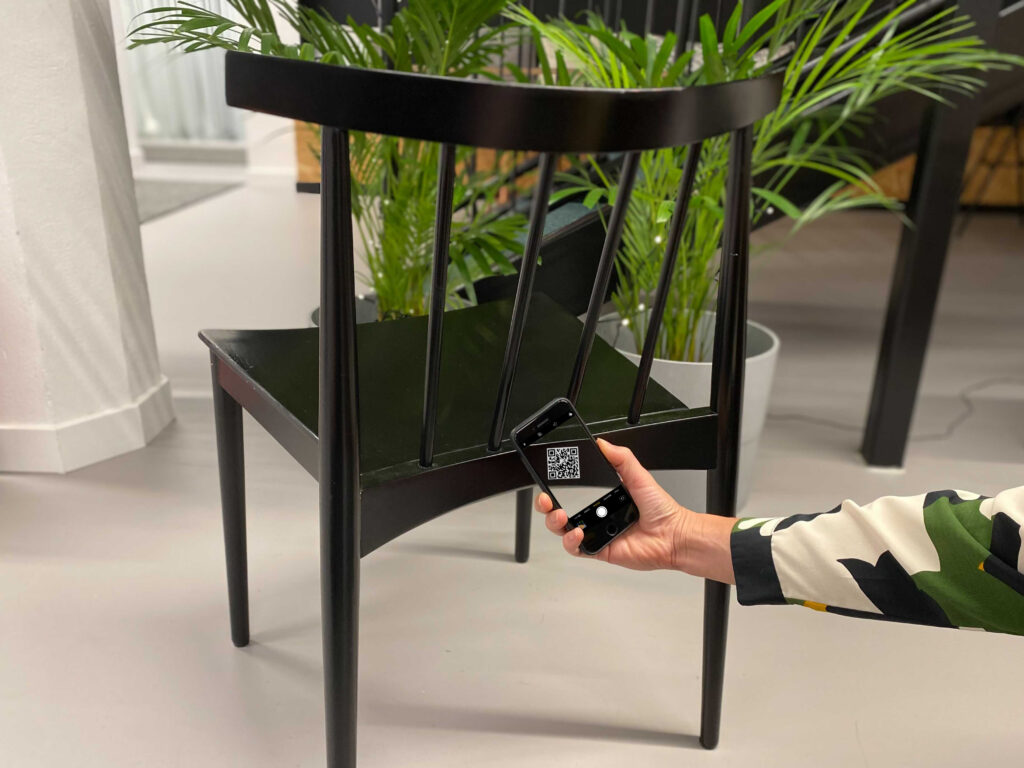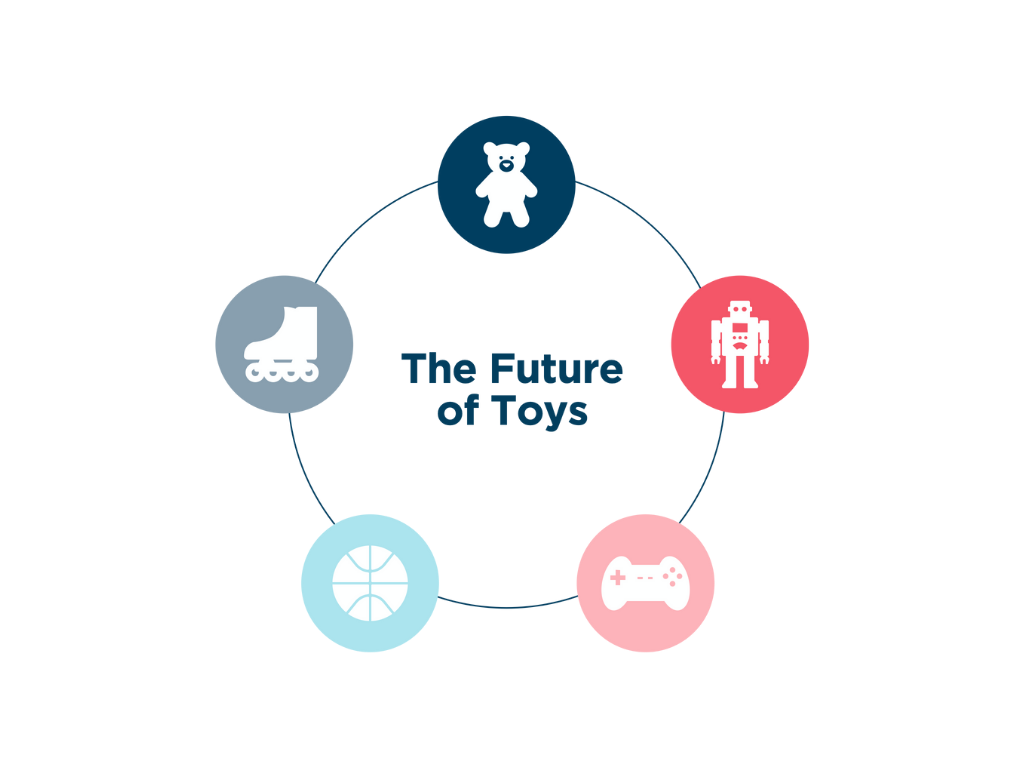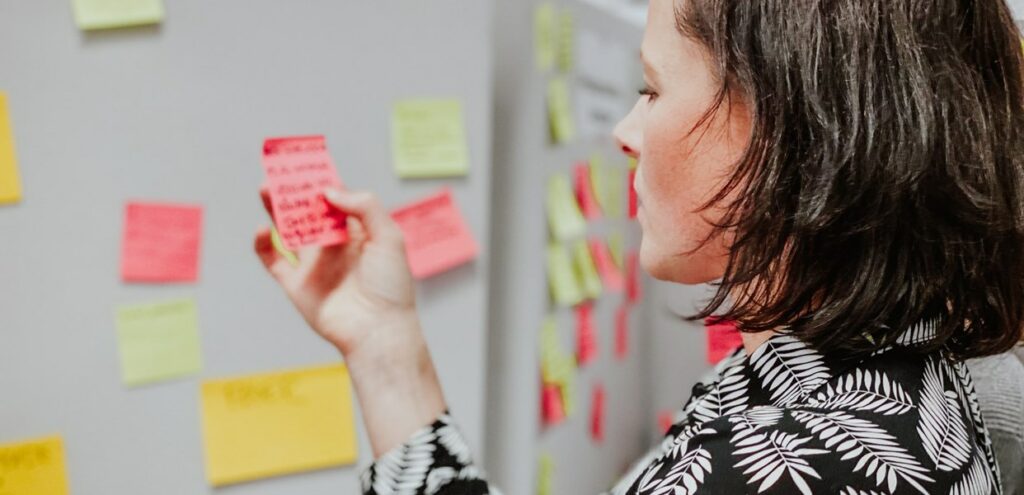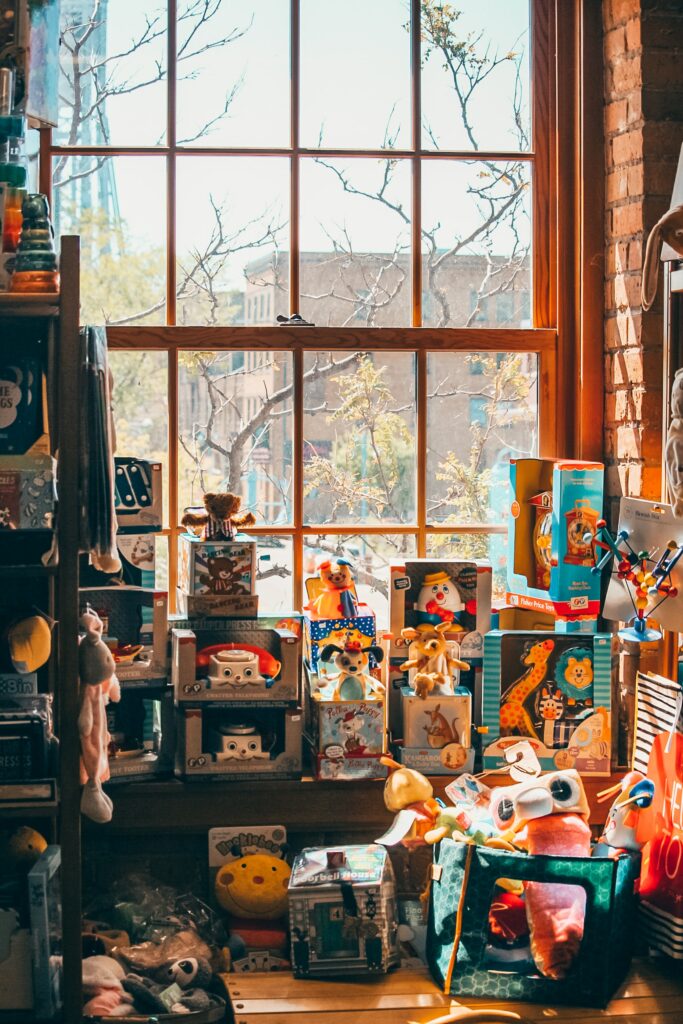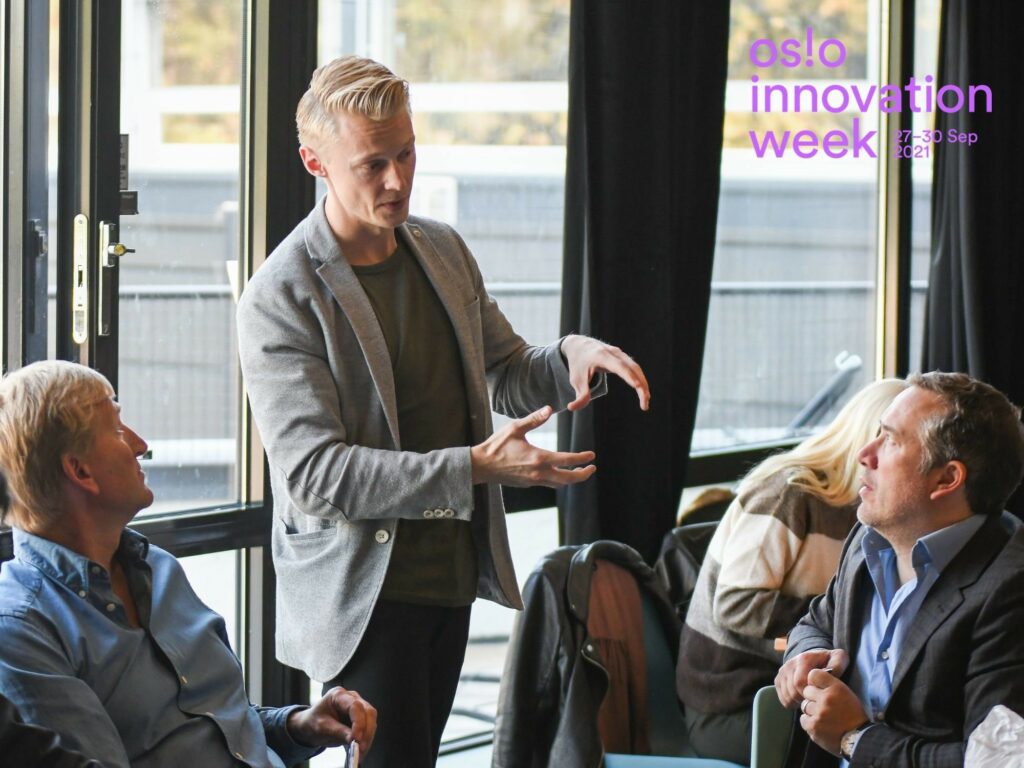Nordic startups showing the way in circular economy
Nordic startups are developing sustainable solutions and spreading them globally in collaboration with corporations. We at the LOOP Ventures team gathered some of the most exciting current circular economy news to show you what is going on in the new materials scene and what achievements can be reached in cooperation between startups and corporations.
Spinnova, a sustainable fiber company developing textile out of FSC-certified wood and waste streams, launched a fully circular textile concept in collaboration with Norwegian outdoor brand Bergans. The collection is fully circular, subscription-based takeback and reuse concept that is revolutionary in the apparel industry. Their collections first prototype is a backpack made of fully natural resources and when the product life cycle comes to an end, Bergans and Spinnova can turn the same fabric into new fibre and product for the consumers. Bergans has done pioneering work on sustainability with redesign, recycling, repair and renting services, so Spinnova’s sustainable fibre is a great match for them.
H&M is also raising awareness about the importance of transition towards circular fashion industry with startup – corporate collaboration. They have invested in re:newcell, that produces a new textile called Circulose by using a technology to recycle used cotton and viscose clothes. Re:newcell is transforming the way fashion is produced and consumed into a never-ending loop in which garments are not ending up in landfills. H&M’s brand Weekday has lately been the first in the world to test and use Infinited Fiber Company’s newly processed denim fiber. Infinited Fiber Company is known for developing a process technology that can turn cotton-rich textile waste, paper and cardboard waste into new, cotton-like fibres.
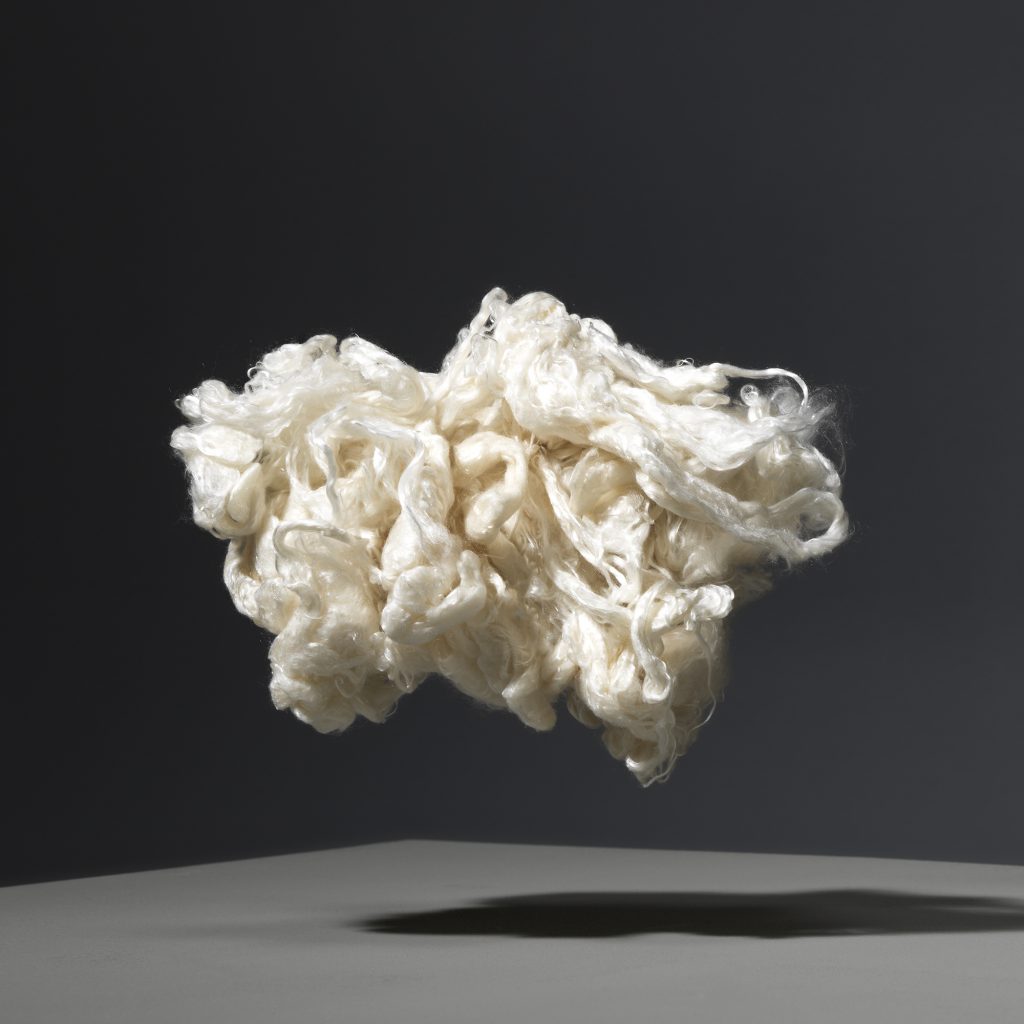
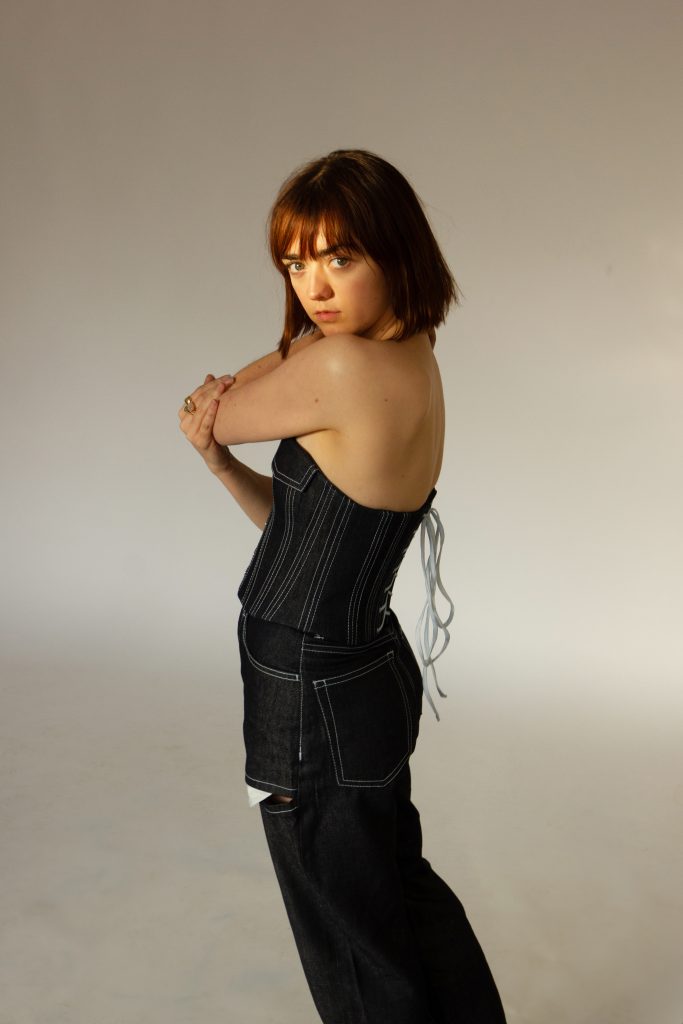
Every year millions of tons of plastic waste ends up in the environment and a large part of it is from packaging. To solve the plastic waste problem, Paptic has created this renewable, recyclable and reusable packaging material made of wood fibres to replace plastic. Recently Paptic launched a collaboration with Sokos, one of the largest department store chains in Finland, to replace all their plastic bags with reusable multi-use carrier bags made from Paptic Tringa material. Another significant retailer partner for Paptic is French department store chain Galerie Lafaytte.
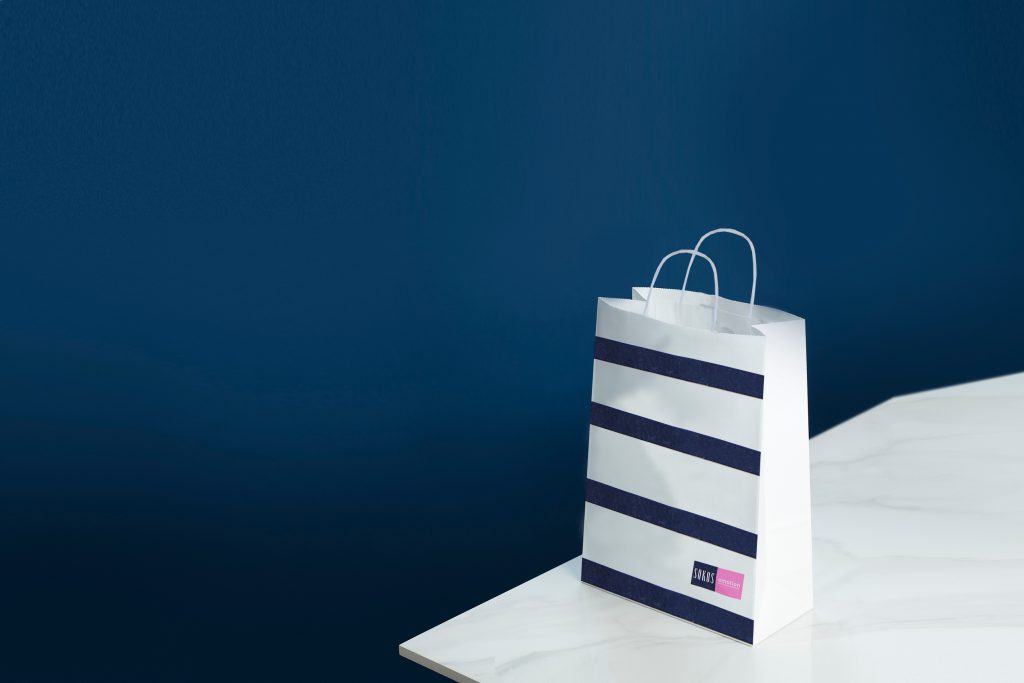
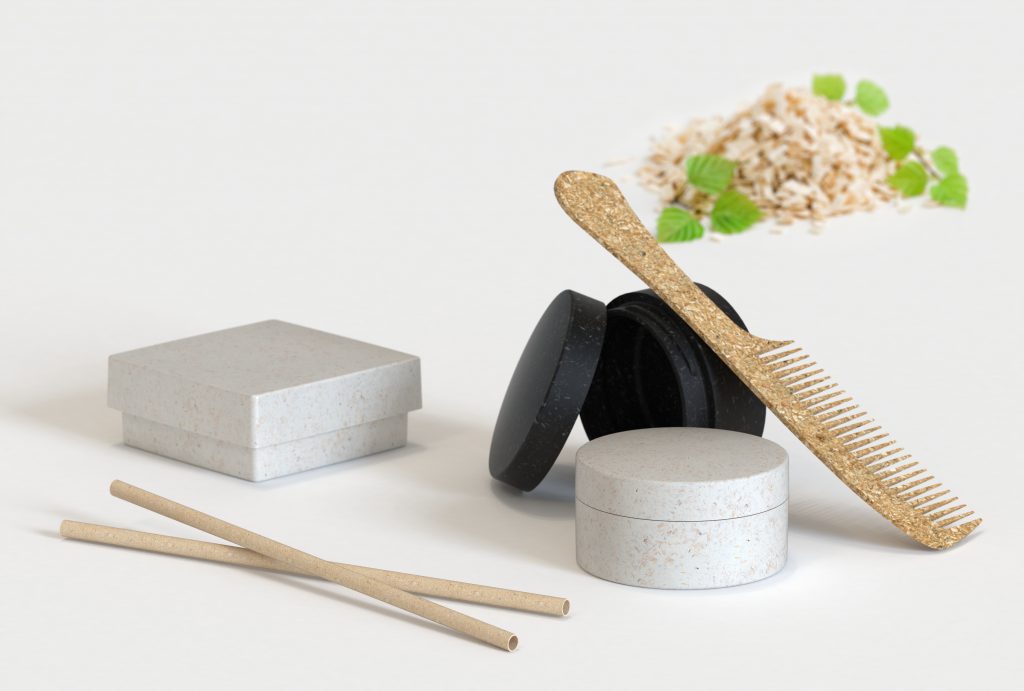
Sulapac raised an impressive € 15 million in their financial round to support their growth. Luxury house Chanel was one of the investors, just to mention one. Sulapac material is biodegradable and microplastic-free made entirely from renewable sources and certified wood. This December they released the sustainable straw in collaboration with StoraEnso. The straw is a huge step towards micro-plastic free nature as it is made of sustainable raw materials and biogrades fully in marine environment.
After this year’s successes, we look forward to seeing and working with all the great innovations and collaborations next year!



